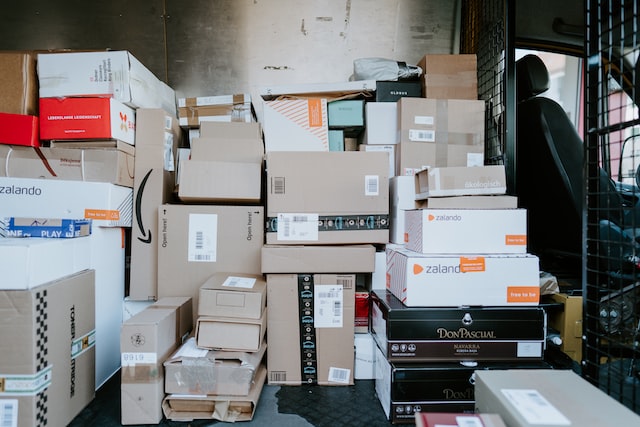November 22, 2022
by Alexandra Frost
on Vox.com
Buying fewer unnecessary items is good for the planet, your wallet, and your brain.
This holiday season could be a scary time for some: Between inflation (prices have risen 8.2 percent in a year) and economic uncertainty pointing to a potential recession, in addition to ongoing pandemic recovery, it might not be the ideal moment to think about buying a bunch of crap.
A 2019 survey by Ladder and OnePoll revealed that Americans spend an average of $18,000 per year on nonessential items, including streaming services and lattes, impulse Amazon finds, and unnecessary clothes. Not only is this enough to buy a semester of in-state tuition for your soon-to-be-college kid, but it translates to lots of clutter you have to deal with as items become unnecessary with time. Household goods and services are responsible for 60 percent of global greenhouse gas emissions, one study shows. It seems we are as aware as ever of this fact — since the pandemic, consumers want to reduce their unnecessary shopping behaviors.
But buying less of the stuff you don’t really need isn’t an easy ask, and it might be a process, as lots of tangled-up emotions are often behind shopping. For some, it’s a fun outlet with friends. For others, it provides safety and security to know you have everything you might ever want or need. And for still others, it’s a simple dopamine rush in a life that can at times feel otherwise mundane. Still, it’s not all self-serving — people increase their buying to purchase items for loved ones around the holidays, though Stanford says the whole process leads to 25 percent more waste.
Read the rest on Vox.com.

